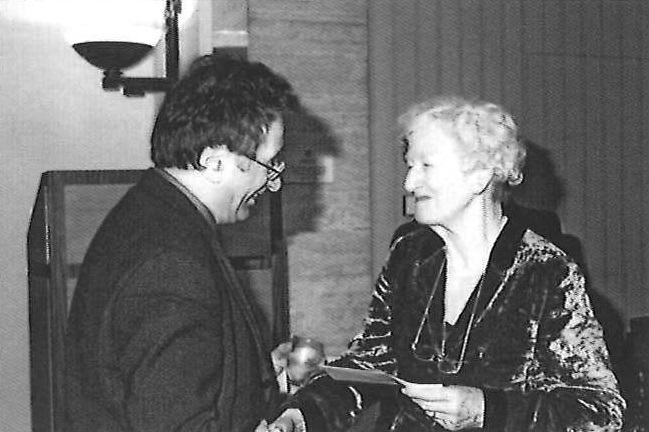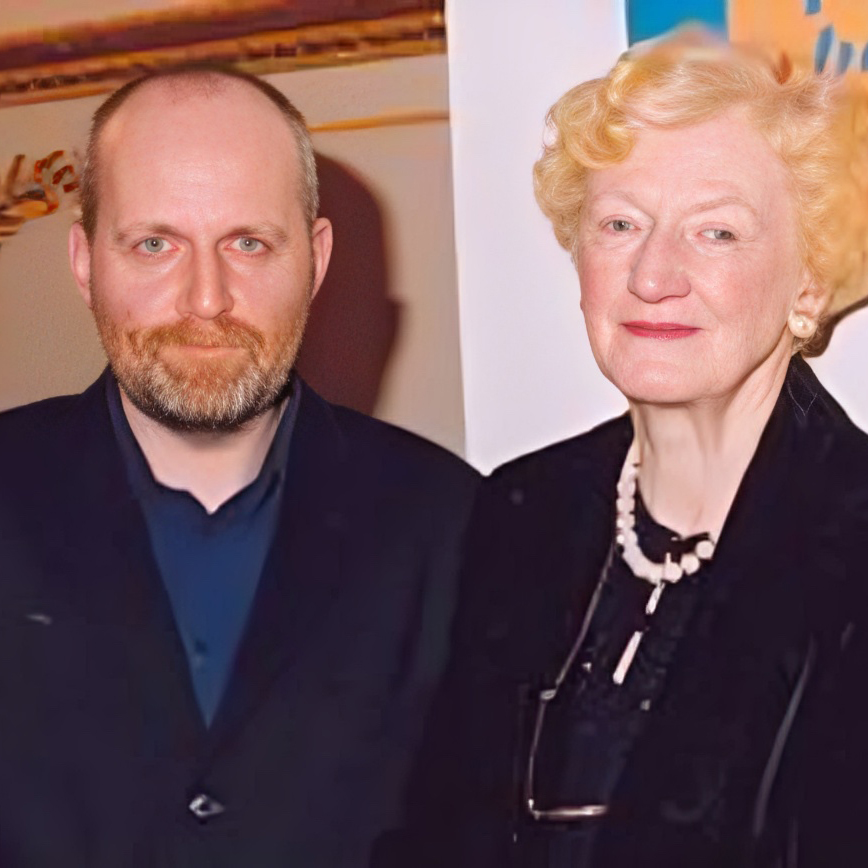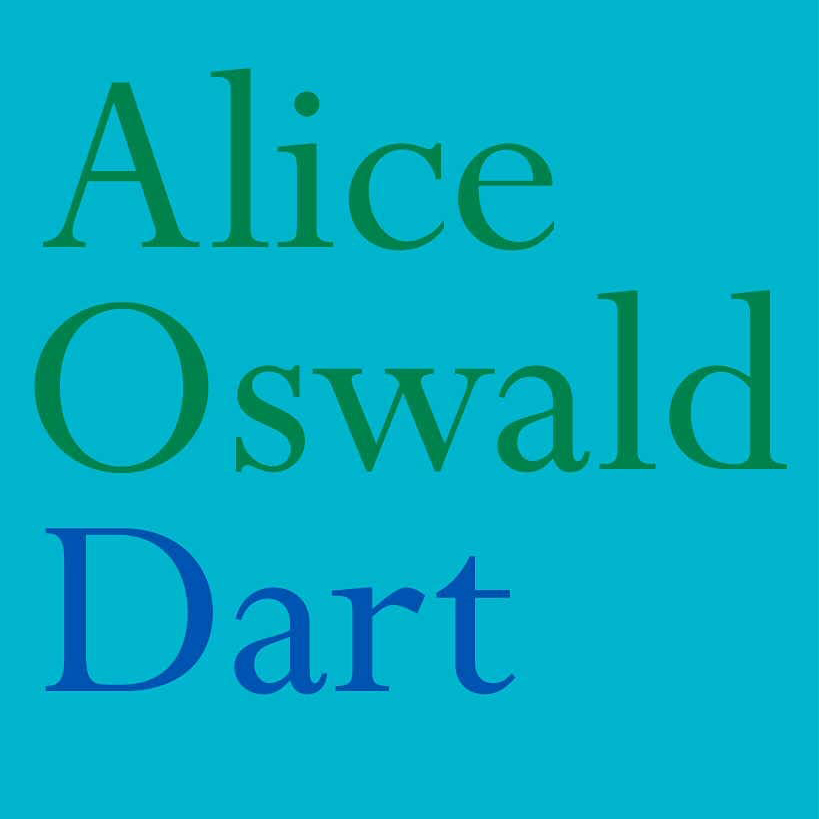winner
This article on the T. S. Eliot Prize was first published in the Poetry Book Society’s PBS Bulletin in Winter 2004/5. ‘Off to London soon to make whoopee. Well, to read three or four poems and make something: conversation mostly.’ George Szirtes’ website diary entry for the night before...


